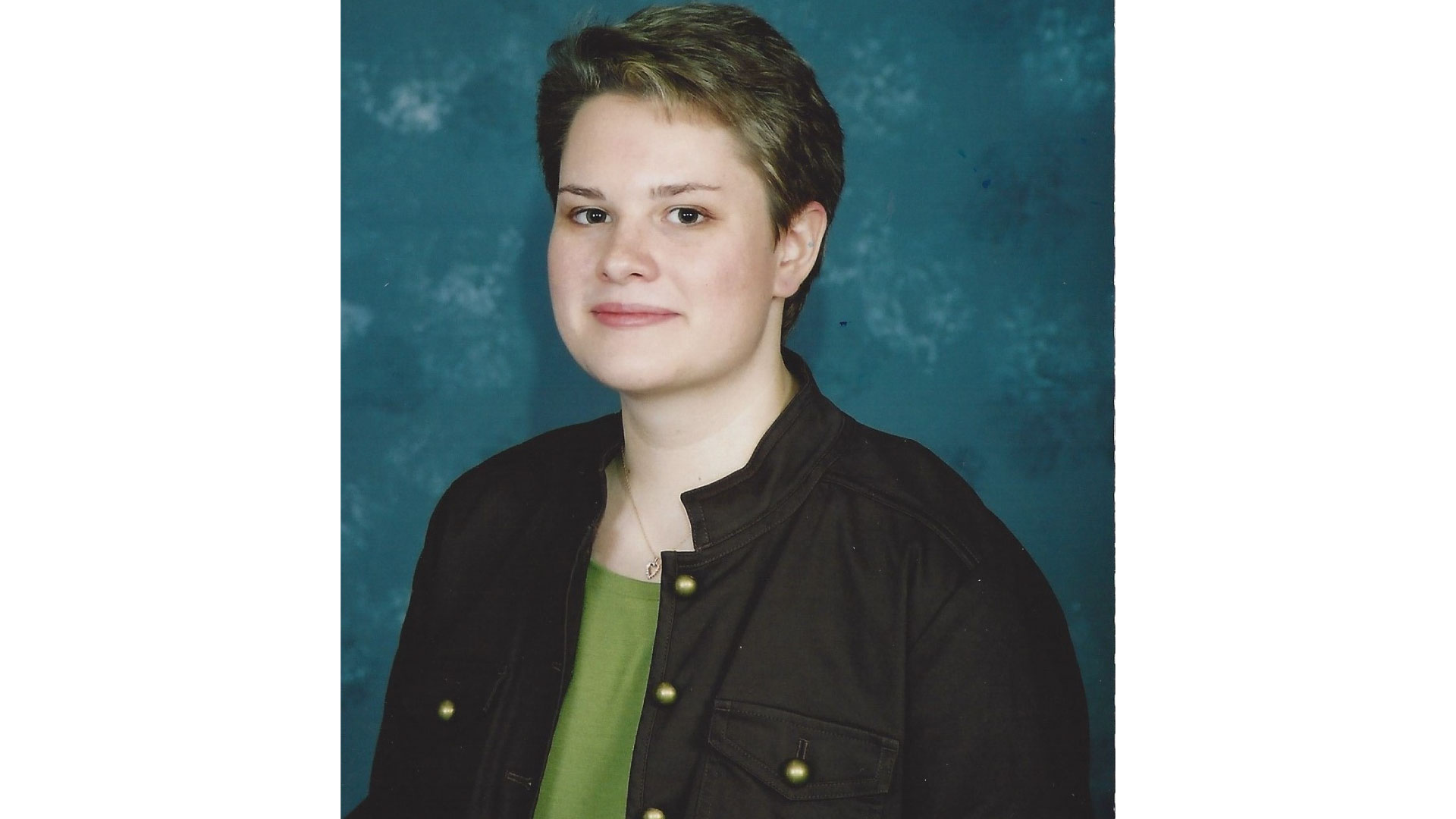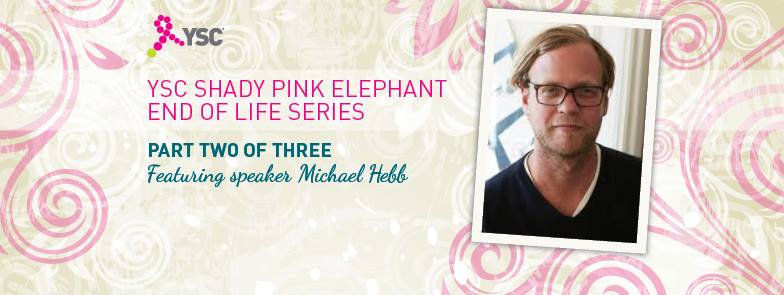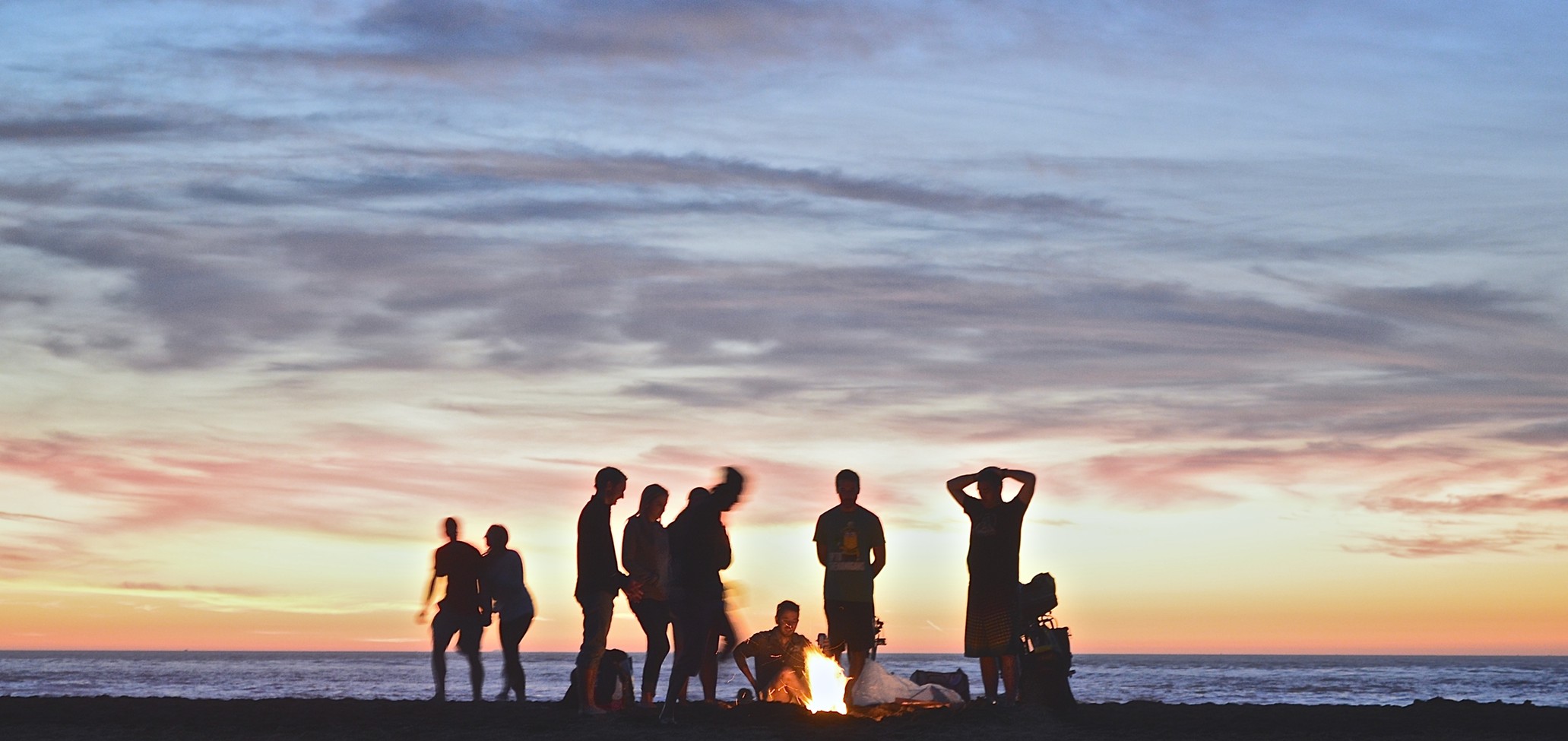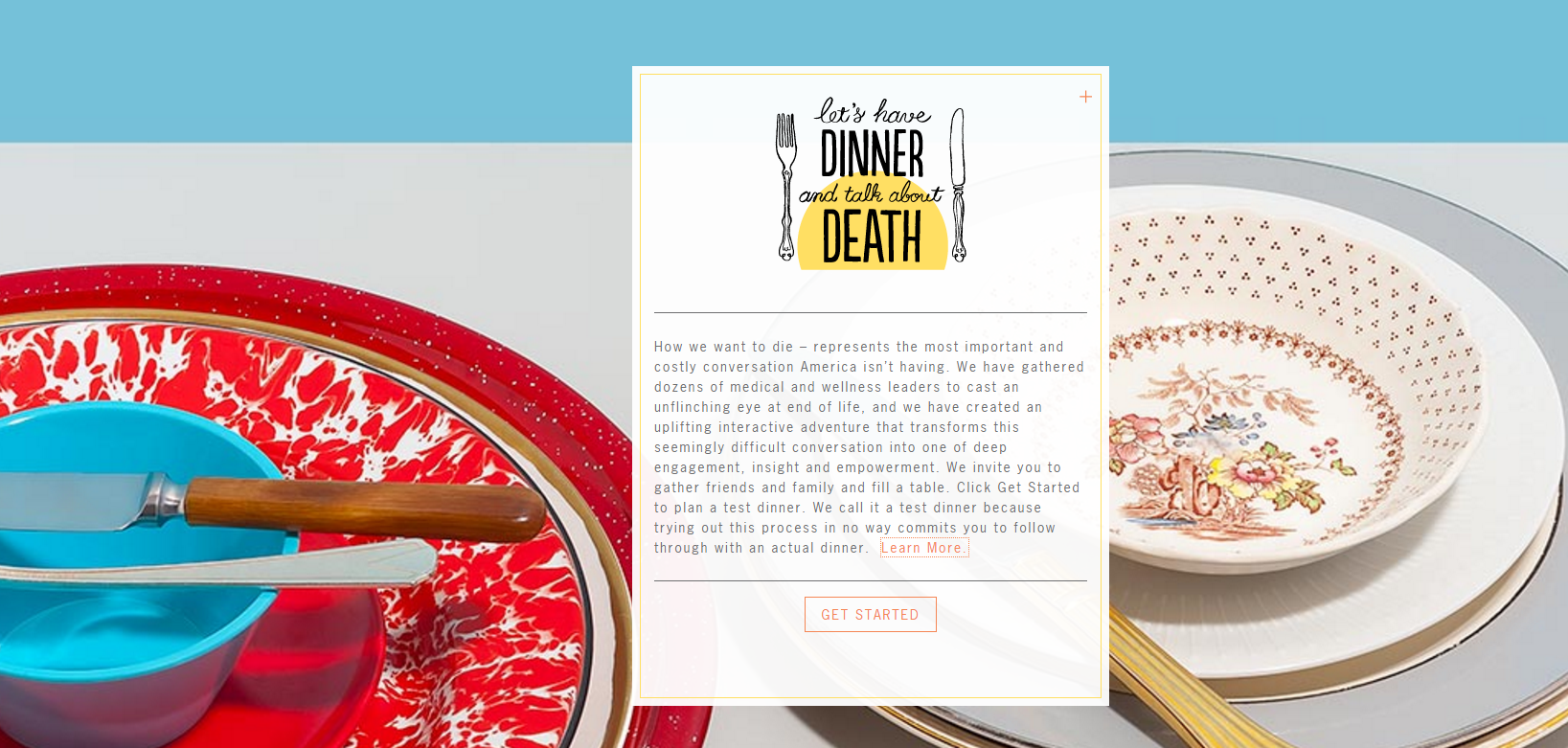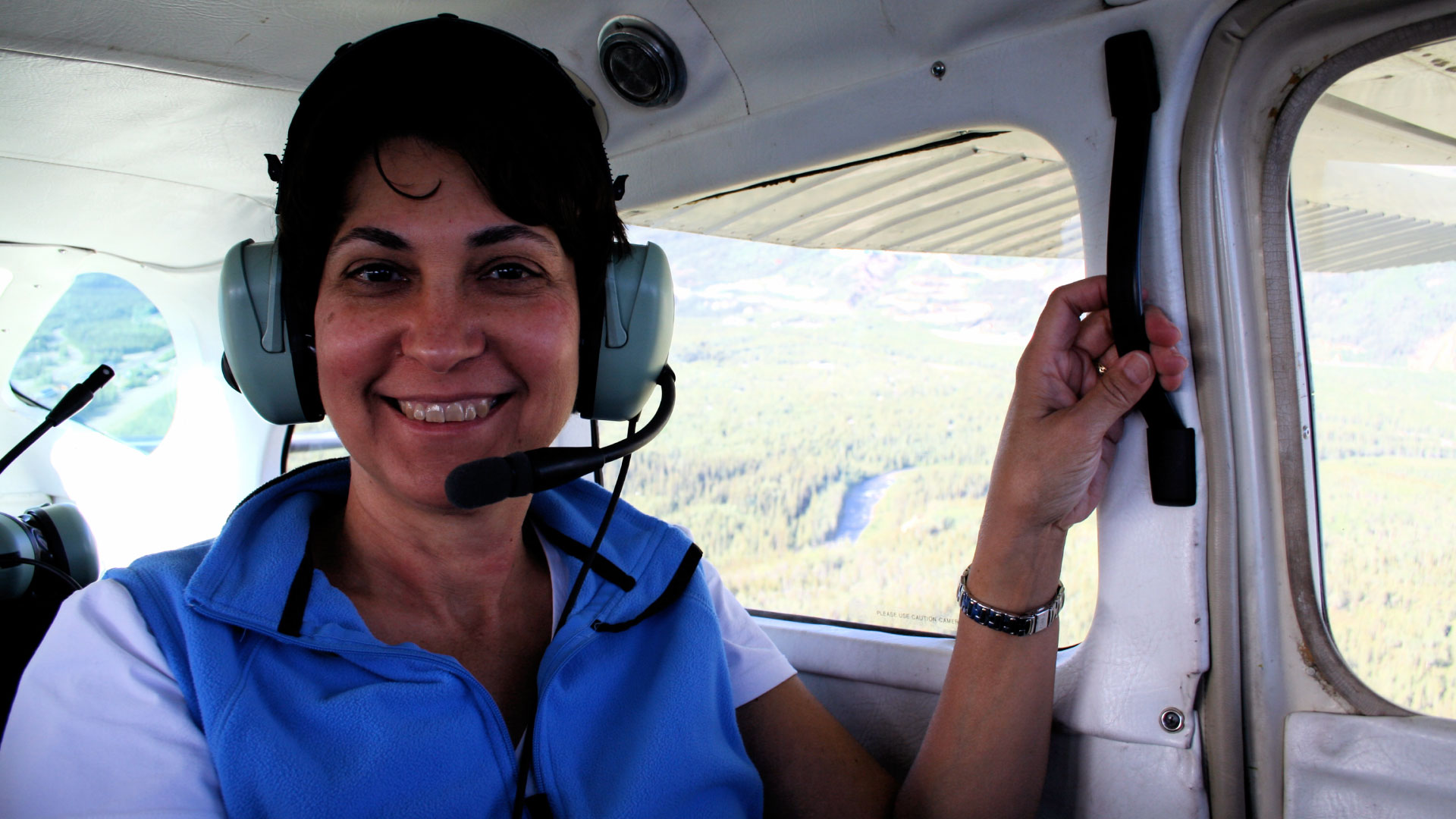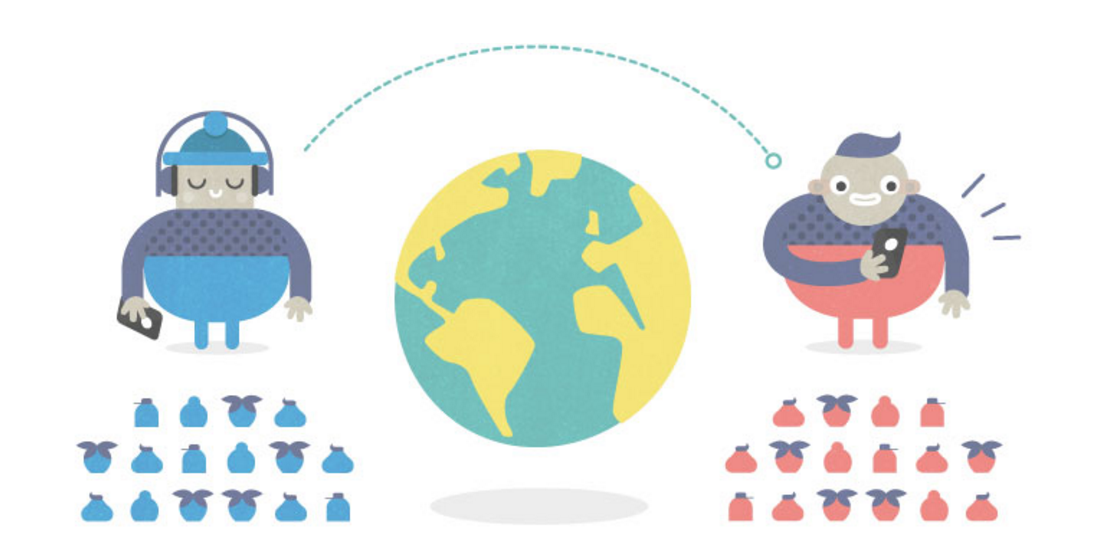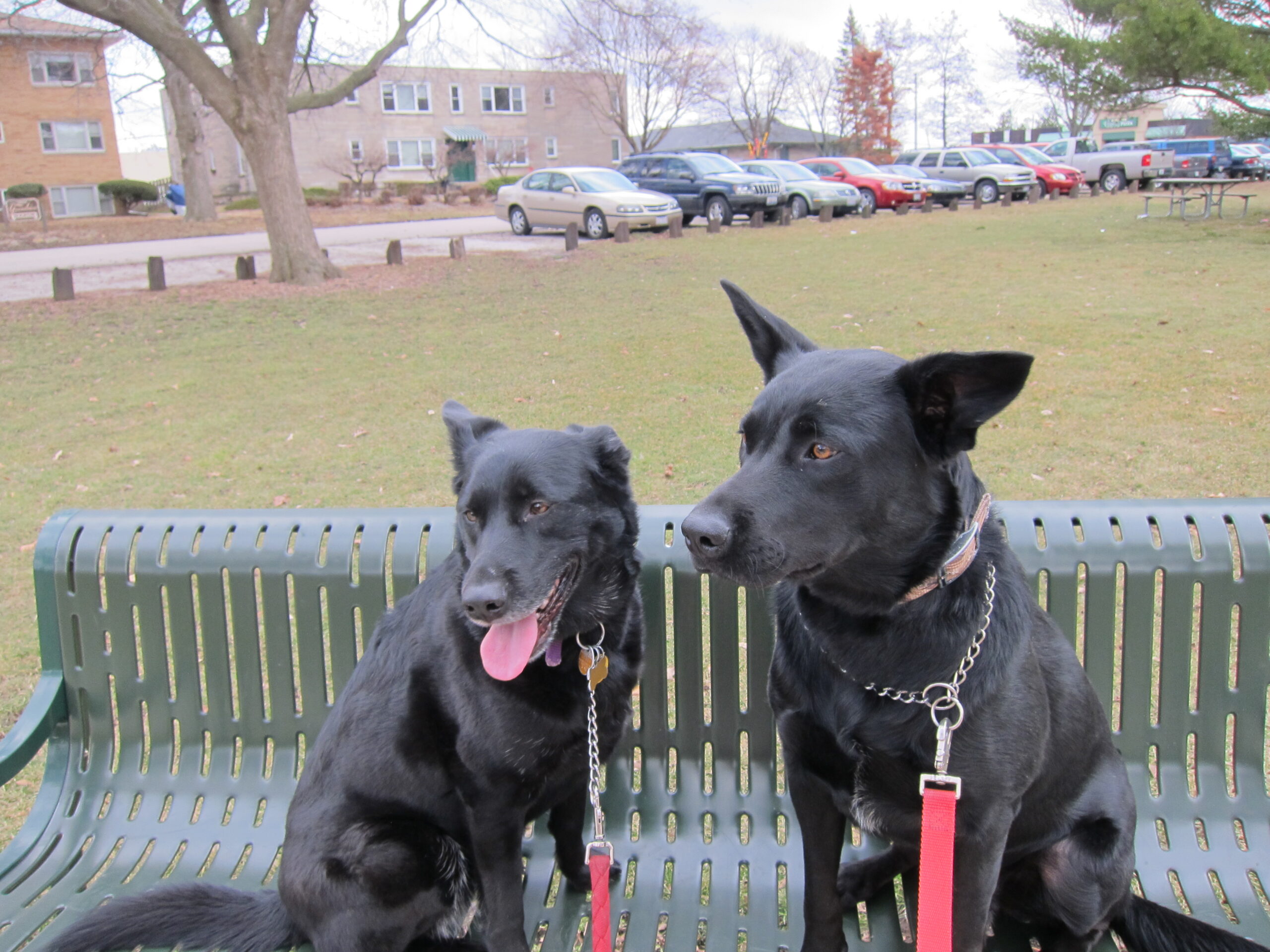We are all out of subscriptions! Thank you to everyone who signed up!
Are you a young adult cancer survivor or caregiver? Interested in meditation but having trouble sticking to it? Interested in meditation and not sure where to start? Loving guided meditation and looking for more?
If any of these describe you, we can help!
Lacuna Loft has partnered with Headspace through their Get Some/ Give Some program! As a program participant of Lacuna Loft, we are happy to offer you a free, year long subscription to their guided mindful meditation from your computer or smartphone!
How do you get your free subscription? Fill out the form below and within a few days we’ll email you the code to get started! This code is exclusively for Lacuna Loft. I don’t know about you all, but I am eager to get started!
We are all out of subscriptions! Thank you to everyone who signed up!
Are you a young adult cancer survivor or caregiver? Interested in meditation but having trouble sticking to it? Interested in meditation and not sure where to start? Loving guided meditation and looking for more?
More info on the wonderfulness that is Headspace…
Headspace provides a course of guided mindful meditation via your smartphone or computer, starting with bite-sized 10 minutes sessions. A new study published by The Journal of Medical Internet Research ranked Headspace as the top mindfulness app. Just 10 day’s practice has been shown to have wide-ranging benefits, from improving sleep and relationships to reducing anxiety and stress. See ‘How it Works’ animation for a little intro, our online Science ebook for a summary of the potential benefits, and Andy Puddicombe’s Ted Talk.
We have 3.5 million users now and subscriptions cost $155/year. To help fulfill our mission of improving the health and happiness of the world, our Get Some / Give Some program donates free subscriptions to nonprofit partners for use by their staff, volunteers, and people they support.
Enjoy! Let us know how you like your free guided meditation from Headspace!


